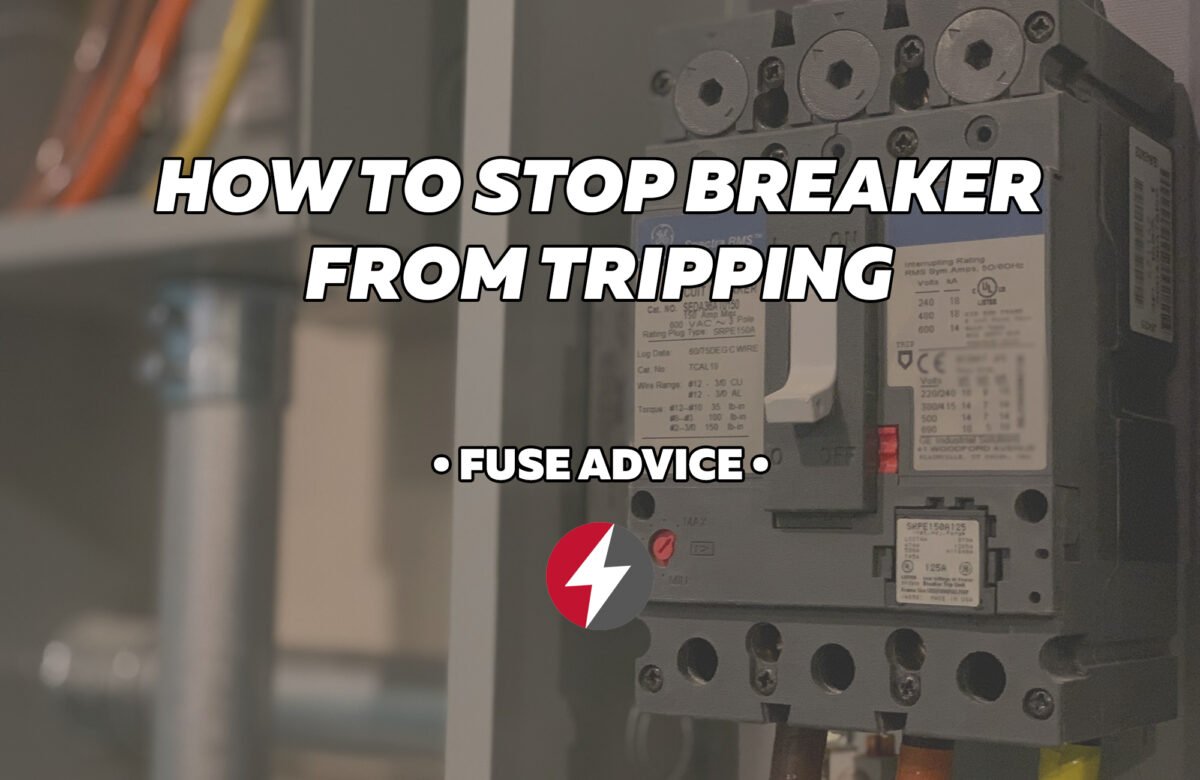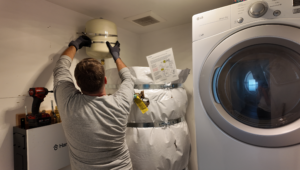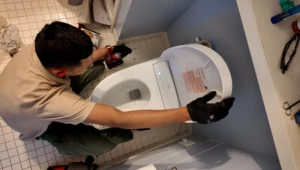Isn’t it maddening? You’re just settling in, maybe catching the climax of your favorite TV show, and bam! The power goes out. Suddenly, you’re plunged into the dark ages (or at least it feels that way). So, what gives? You’re dealing with a circuit breaker that’s tripping, my friend. But don’t despair. We’ll guide you through the maze of troubleshooting, and by the end, you’ll know how to stop breaker from tripping.
Understanding the Frustration: How to Stop Breaker From Tripping
Life today heavily relies on electricity, so it’s almost like our veins pulsate with volts and amperes. When the flow is disrupted, it’s more than an inconvenience; it’s an interruption to our modern rhythm. Picture this: electricity as the water in a hose. When there’s too much pressure, the hose might rupture, right? Similarly, your circuit breaker trips to protect the ‘hose’ of your home’s electrical system.
But why does it trip? Well, there are several reasons. Overloading the circuit (using too many electrical devices at once), short circuits (when a hot wire touches a neutral wire), or even ground faults (a hot wire touching the ground) can cause this. It’s like putting your foot on the hose, and the pressure builds up until… well, you get the idea.
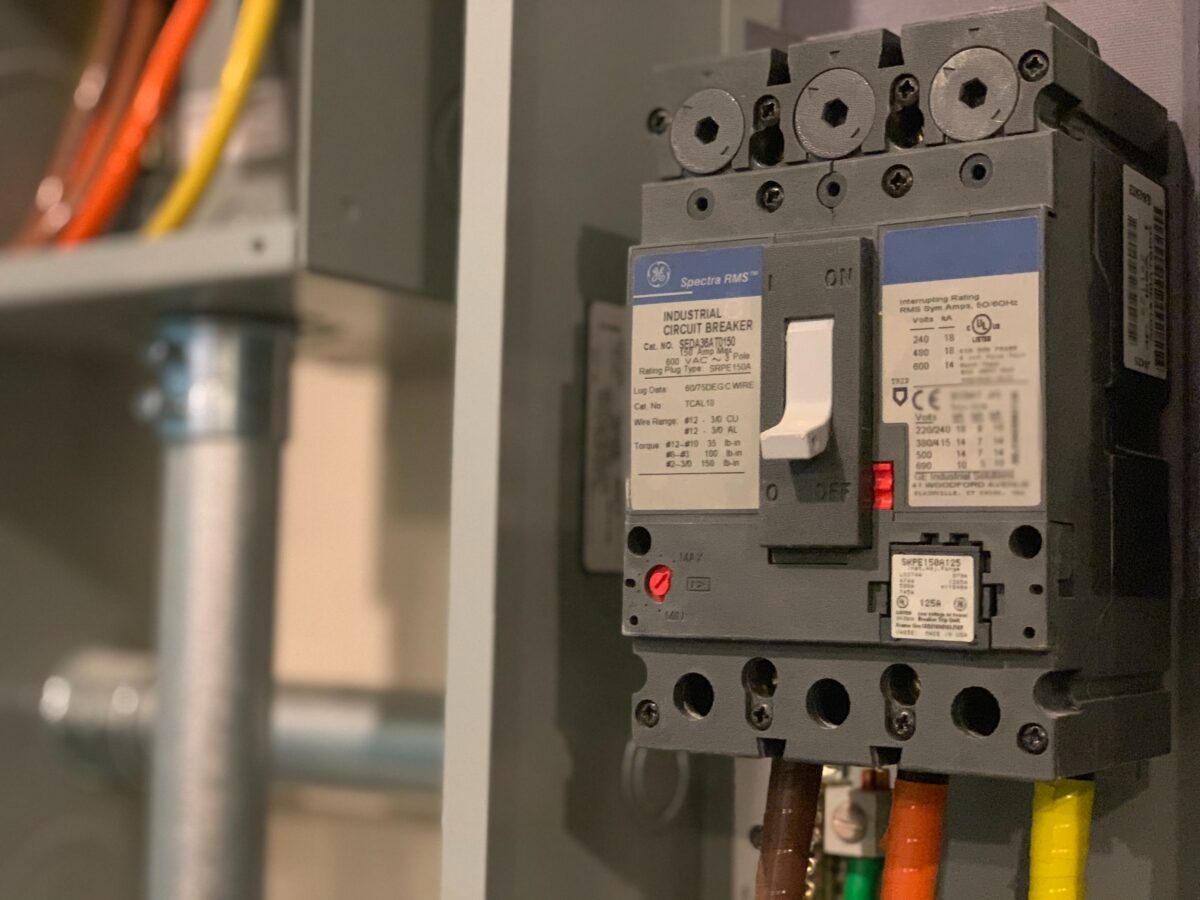
Quick Fixes You Can Try
- Reset the Breaker:
- Turn off all devices on the affected circuit.
- Head to your breaker panel and look for the tripped breaker (usually in the “off” position).
- Flip it to the “off” position fully and then back to “on.”
- Check For Overloaded Circuits:
- Do you have too many devices connected to a single circuit? Perhaps that high-powered hair dryer along with the air conditioner? If yes, redistribute them — that is a great way how to stop breaker from tripping.
- Inspect Your Devices:
- Sometimes, faulty appliances can cause trips. Unplug each device and plug them back in one by one. If the breaker trips when you plug in a particular device, you’ve found your culprit.
- Upgrade Your Breaker:
- Older homes might have outdated breakers. It’s like expecting your grandma’s vintage radio to stream Spotify. Sometimes, you just need an upgrade.
| Cause of Tripping | Solution |
|---|---|
| Overloaded Circuit | Redistribute devices to different circuits. |
| Short Circuit | Check for faulty wiring or damaged devices. |
| Ground Fault | Investigate wiring in wet/damp areas. |
| Faulty Breaker | Consider replacing with a modern breaker. |
Signs It’s Time for an Electrician
Alright, buddy. I’m all for the DIY spirit, but sometimes, it’s best to call in the professionals. So, when should you dial that number and to help you find the way how to stop breaker from tripping?
- When you’ve tried the quick fixes, and the breaker keeps tripping.
- If you notice burning smells near the electrical panel. It’s not your dinner burning; it might be a serious issue.
- Flickering lights. It’s not a haunted house scene; it could be a sign of a bigger problem.
- Warm or hot outlets. No, they aren’t blushing; it’s potentially dangerous.
- Persistent buzzing sounds from the breaker box. It’s not trying to communicate in Morse code.
Sounds familiar? Ring up that electrician, pronto!
The Benefits of Electrical Panel Upgrades
Every home has a heart that beats with electric current – the electrical panel. Think of it like the conductor of an orchestra, directing and managing the flow of energy. But what if the conductor is out of tune?
Advantages of Upgrading Your Electrical Panel:
- Enhanced Safety: An upgraded panel minimizes the risk of electrical fires. Remember the adage, “Better safe than sorry?”
- Increased Electrical Capacity: Ever heard of the phrase, “The more, the merrier?” An upgraded panel can handle more appliances simultaneously.
- Future-Proofing: With our ever-increasing dependency on gadgets, you need a panel that’s ready for the future, not stuck in the past.
- Value Boost: If you’re thinking of a simile, consider this – an upgraded electrical panel is to a house what a turbocharger is to a car. It elevates its overall value!
Have you ever tried fitting a square peg in a round hole? That’s what happens when you overload an outdated electrical panel. You can’t force it. The upgrade is more than just a nicety; it’s a necessity and it is the most reliable way how to stop a breaker from tripping.
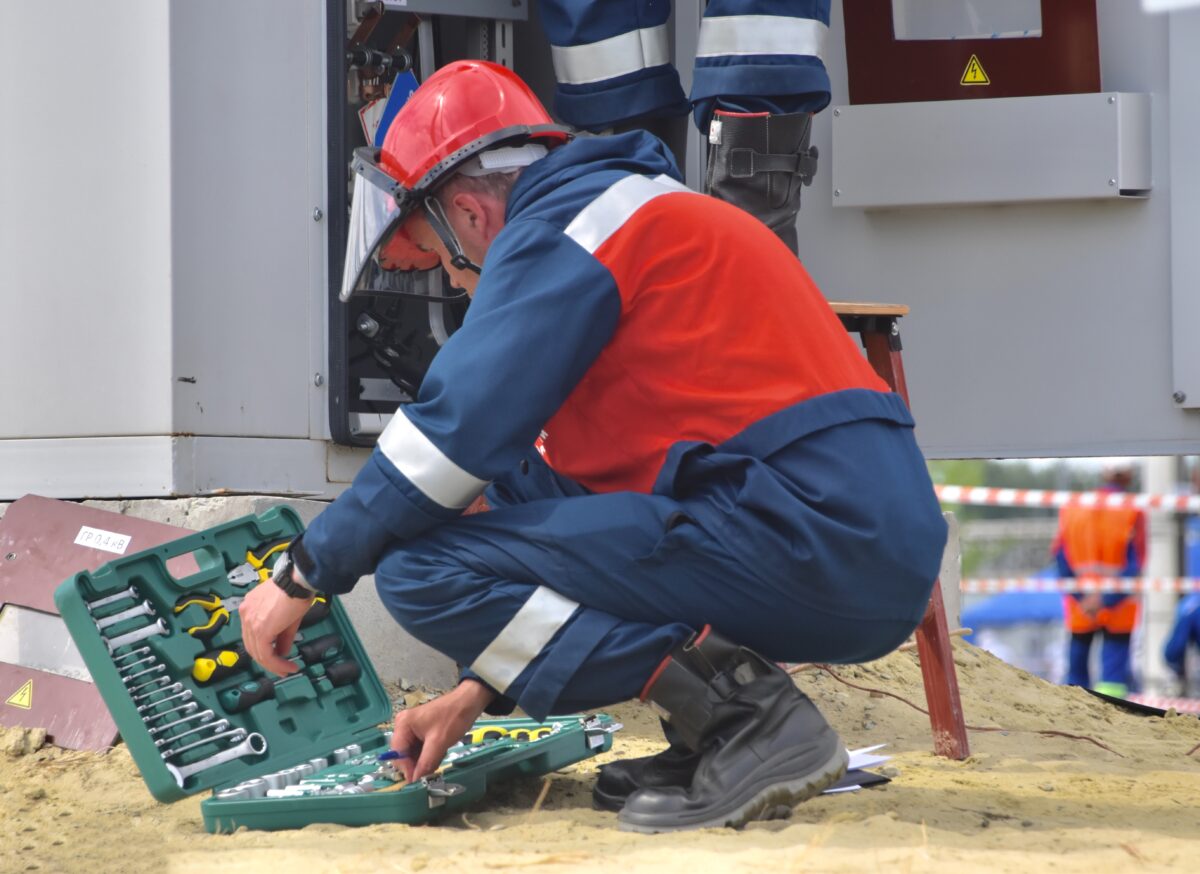
Tips for the Future: How to Stop Circuit Breaker From Tripping
Alright, imagine you’re on a rollercoaster. It’s thrilling, but if you’re repeatedly jolted out of your seat, the ride loses its charm. Similarly, constant breaker trips are the rollercoaster jolts of the electrical world. How do we ensure a smoother ride?
- Understand the Root Cause: Often, it’s an overloaded circuit. It’s like trying to pour a gallon of water into a quart pot – bound to overflow, right?
- Spread Out Electrical Devices: Ever seen how birds on a wire space themselves out? Devices are no different. Distribute them across various outlets.
- Unplug Devices Not in Use: Remember, just because you’re not using a device doesn’t mean it isn’t consuming power. It’s like nibbling on snacks when you’re not really hungry – unnecessary!
- Check for Faulty Wiring: A house’s wiring is akin to our veins. Any blockage or fault, and there’s bound to be an issue. Regular checks ensure a healthy ‘circulation’ of electricity.
- Upgrade if Needed: If your breaker is the grandpa of the house, maybe it’s time for a fresher, younger version. Think of it as a relay race – passing the baton to the next-gen runner.
Ever tried balancing on a seesaw? Too much weight on one side, and it tips. The electrical balance in our homes is similar. Maintain equilibrium and don’t forget about regular electrical maintenance, and here is your recipe on how to stop a breaker from tripping!
Conclusion
In the grand tapestry of home maintenance, electrical harmony is crucial. Tripping breakers might seem like minor inconveniences, but they’re like the canary in the coal mine, signaling deeper issues. So how to stop circuit breaker from tripping? By taking heed, upgrading when necessary, and keeping an eagle eye on our electrical consumption, ensure not only the safety of our homes but also create a harmonious living environment. After all, isn’t our home where our heart (and all our electrical gadgets) is? Stay charged, stay safe!
